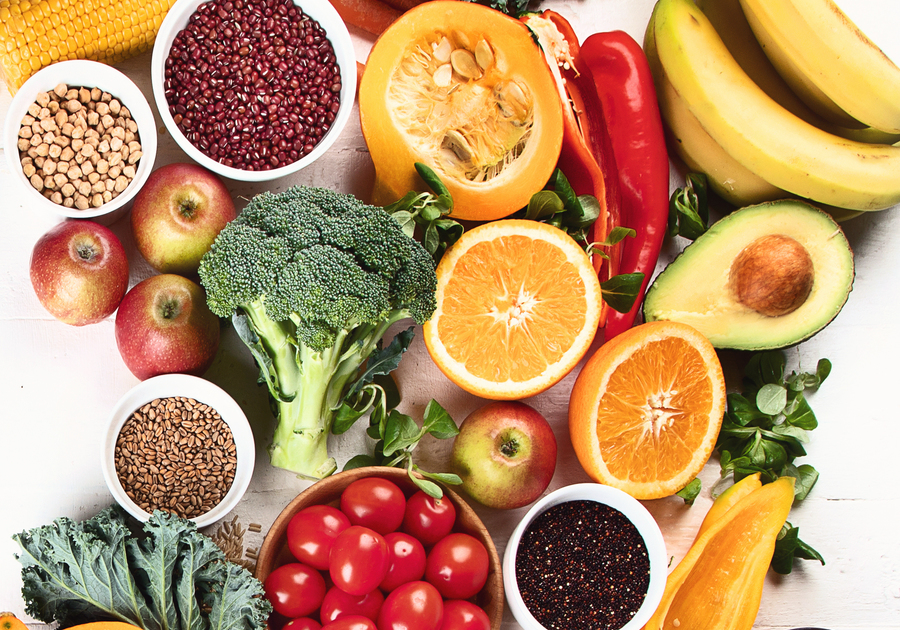Scientists have known for many years that the gut microbiome is critical to overall health and the steady stream of research supports it. In January 2021, for instance, researchers at the Company of Biologists discovered a link between a Western diet during adolescence and a damaged microbiome in adulthood—even if the diet were changed later in life (doi:10.1241/jeb.239699).
But first, what is a gut microbiome? The gut microbiome comprises the microbes that live in our entire gastrointestinal tract. It plays an important role in the absorption of nutrients and minerals and the production of enzymes, vitamins, proteins, and short chain fatty acids. In this way, it enhances cell function and provides protection from pathogens, hence its sobriquet, the second immune system. It can be altered in as little as 24 hours and is namely affected by diet, exercise, medication (especially ANTIbiotics), stress, and gene expression.
In the aforementioned article, researchers found that a Western diet in early life resulted not only in a worse microbiome in early life, but one that persisted into adulthood even after the diets were changed. This correlation suggests that diet in early life can dictate microbiome health later in life, regardless of what adults eat. While there are some limitations to this study and similar ones, the implications should be taken into consideration when choosing foods to serve growing children.
The best foods for nurturing healthy gut flora are fermented foods and foods rich in PREbiotics. Fermented foods are foods that contain good bacteria naturally, called PRObiotics. Bacteria is everywhere and fermented foods are allowed to culture in a controlled environment to increase the number of good bacteria in foods. Ingestion of these foods will temporarily increase the number of healthy bacteria and possibly introduce new species of bacteria. Fermenting foods is one of the oldest and most basic food preservation methods. Examples of PRObiotic-rich fermented foods include sauerkraut, kombucha, tempeh, kefir, and yogurt. Prebiotics, on the other hand, are found in fiber-rich foods—especially root vegetables, garlic, legumes (e.g. chickpeas, lentils, and soybeans), fruits, whole grains, nuts, and seeds. PREbiotics feed existing gut flora to promote long-term benefits, and with a diet rich in PREbiotics, good bacteria have plenty of food to eat and can thrive and multiply. In other words, PRObiotics already have the bacteria in the foods and prebiotics feed existing bacteria.
Giving your children a wide variety of plant-based whole foods will not only ensure that they have a healthy gut as children, but that their bodies will be primed to maintain an optimal gut microbiome into adulthood. Foods with PREbiotics and PRObiotics will create an environment in the gut where beneficial bacteria can thrive promoting overall health in both the short and long term. Let us know which gut healthy foods your children like best!
Dr. Samantha Jones is a chiropractor focusing on Structural Correction. She takes care of people at all stages of life from immediately following birth to the very wise and life-experienced. She has offices in Fort Lauderdale and Wilton Manors. Call or email to schedule a complimentary, no obligation consultation to review your concerns and see if Structural Chiropractic is the right solution to achieving your health-related goals. 754•900•8105 ELITEbroward@gmail.com Follow us on IG for more healthy tips! @elitebroward. #elitebroward










